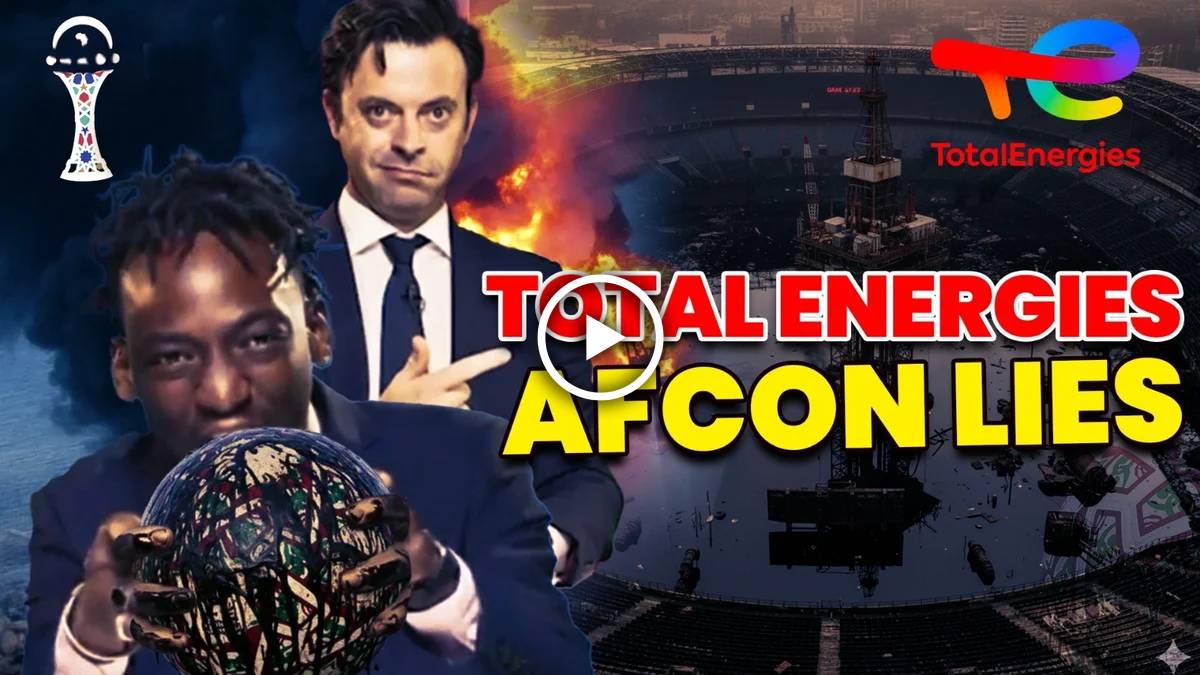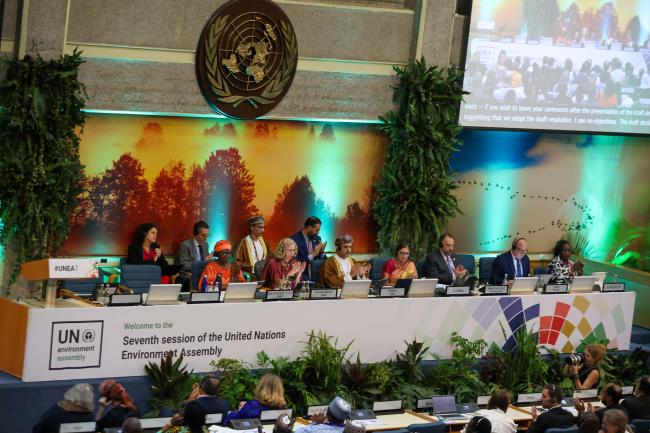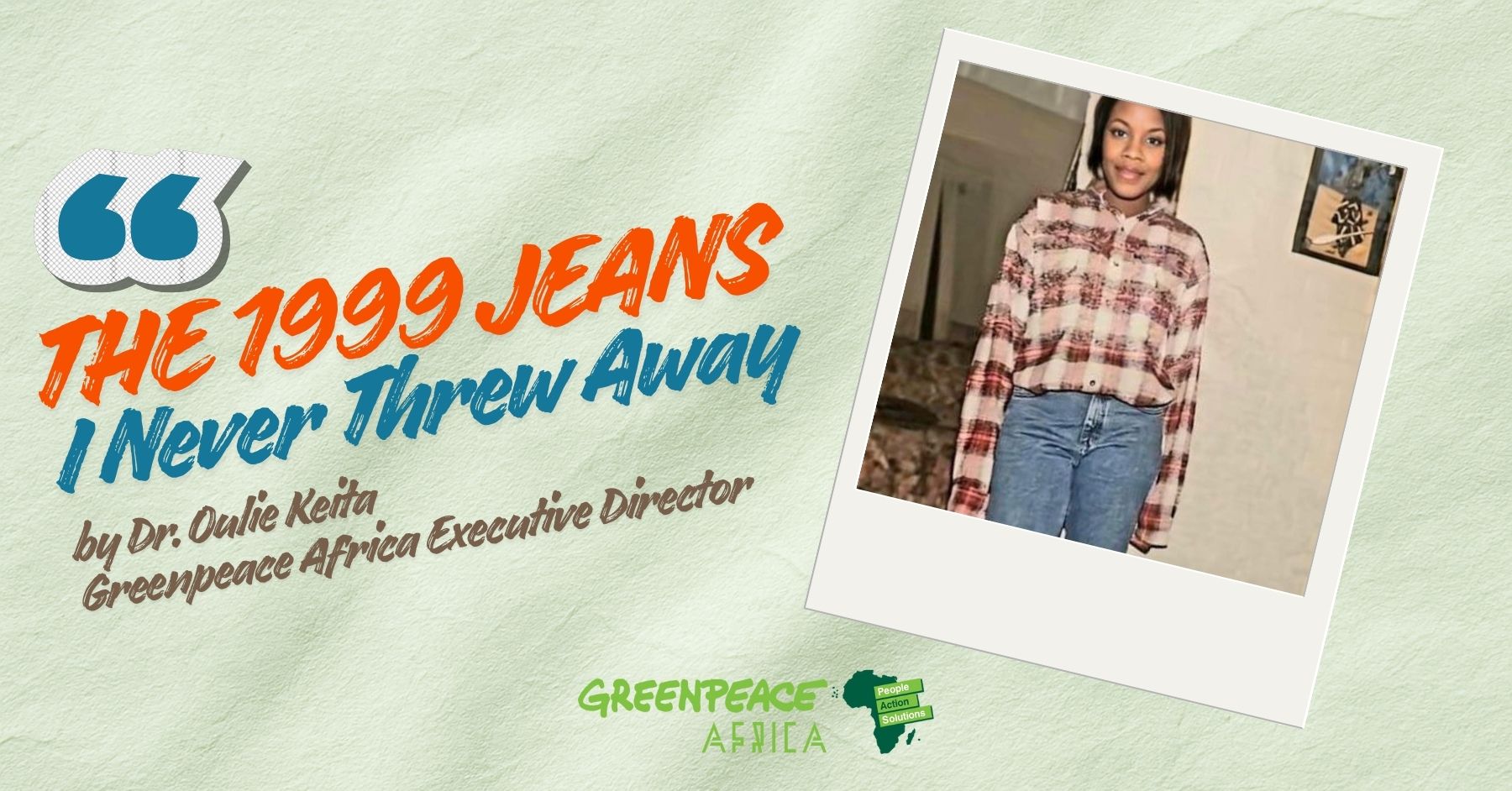Belém, Brazil, 10 November 2025 – Greenpeace has urged delegates to ensure COP30 results in a historic plan to end forest destruction and to urgently close the 1.5°C ambition gap.
Carolina Pasquali, Executive Director, Greenpeace Brasil, said: “COP30 needs to be a turning point. We can no longer treat forest protection, transitioning away from fossil fuels or adaptation as a menu of options. The climate crisis is advancing on all fronts, and the response needs to be ambitious, courageous and immediate.
“President Lula made this clear at the Leaders Summit, stating that COP30 must deliver concrete roadmaps to reverse deforestation and to overcome our dependence on fossil fuels. He has sent the political signal; now it is time to turn it into real action. The world expects more than ambition in speeches, it expects leadership through action. That means concrete plans to end deforestation by 2030, to transition away from fossil fuel dependence, strengthening adaptation to increase climate resilience, and ensuring the finance needed to make it all real. The era of partial answers is over.
“If Belém is to make history, this must be the COP of coherence and implementation, the one that turns promises into pathways, hope into planning, and leadership into shared responsibility.”
In Belém at COP30, Greenpeace is calling for: [1]
- A Global Response Plan to address the 1.5°C ambition gap and accelerate emissions reductions in this critical decade, including decisive action to transition away from fossil fuels.
- A new, dedicated 5-year Forest Action Plan to end deforestation by 2030
- The establishment of a new standing UNFCCC agenda item to drive NCQG delivery, particularly scaling-up public finance from developed countries, and advance polluter-pays taxation to unlock scaled-up public finance for developing countries.
Murtala Turay, Programmes Director, Greenpeace Africa, said: “From Kinshasa to Belém, our ask is simple: make 1.5°C realistic by protecting forests and people by agreeing on a clear action plan to end forest destruction by 2030. That means treating forests as a climate red line, and implementing the TFFF so grants, not loans, reach the ground, with at least 20% flowing directly to Indigenous Peoples and local communities.
“Finance only works if harm stops. That means no new oil and gas in the Congo Basin, no industrial logging or mining in primary forests, and strong protection for peatlands. Pair a functioning Loss and Damage Fund with polluter-pays levies, and ensure any Congo Basin finance package is aligned with a clear action plan to end forest destruction.”
Tracy Carty, Climate Politics Expert, Greenpeace International, said: “Amid turbulent geopolitics, COP30 needs to demonstrate global unity and commitment to multilateral climate action remains strong. But 2035 emissions targets are dangerously off track, and warnings of a 1.5°C overshoot are growing. It’s this reality that governments must confront and take action to bridge the emissions gap, including by taking decisive action on fossil fuels to keep 1.5°C alive.
“After last year’s disastrous NCQG outcome, COP30 must advance climate finance for mitigation, adaptation, and loss and damage in developing countries. With five oil and gas giants earning nearly US$800 billion in profits over the past decade, governments must make polluters pay to help fund the action that’s desperately needed. COP30 must deliver real, tangible progress on climate finance and send a clear signal to make polluters pay.”[2]
“Here in Belém we can make history, but that requires a commitment to ensure COP30 lives up to the opportunity it presents. That time is now.”
ENDS
Notes:
Contact:
Greenpeace Africa Pressdesk, +221 77 843 71 72, [email protected]
Greenpeace International Press Desk, +31 (0)20 718 2470 (available 24 hours), [email protected]



